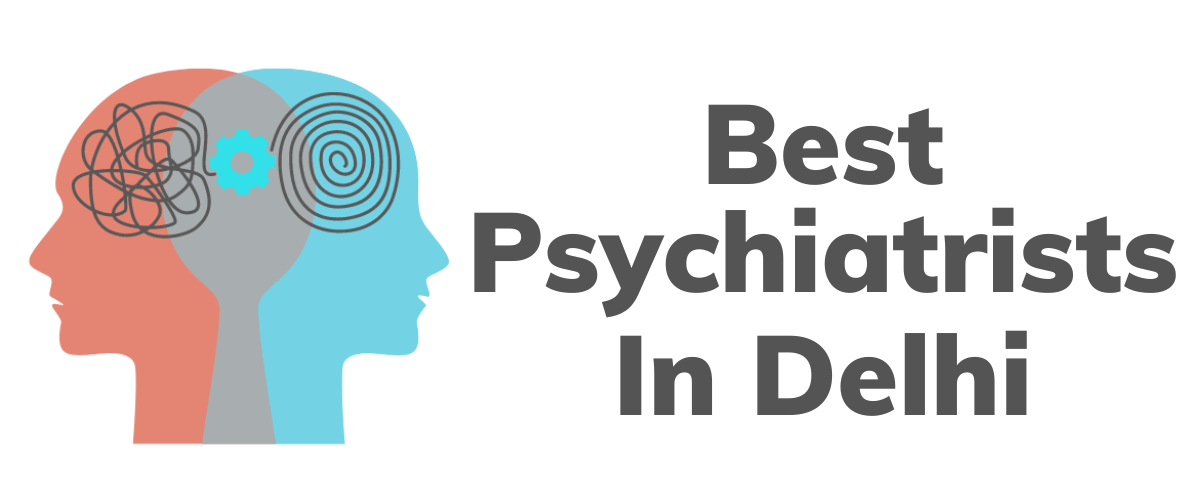Depression Meaning
Depression Meaning
Depression is a symptom of a mood illness. Feelings of anger, sadness, or inadequacy that get in the way of daily life are common examples.
According to the World Health Organization, 4.3% of the world’s population, or more than 300 million individuals, suffered from depression in 2015. The National Mental Health Survey 2015-16 in India found that 1 in 20 Indians experience depression and that approximately 15% of Indian individuals require active intervention for one or more mental health disorders. Over 258 thousand people committed suicide in India in 2012, with the highest rates seen among people aged 15 to 49./span>
Despite sharing certain commonalities with depression, feelings of sadness after experiencing a terrible experience or grief after losing a loved one are separate from depression. Depression is typically accompanied with feelings of self-loathing or low self-esteem, but sadness is not.
When someone is truly in emotional sorrow, they may also experience pleasant sensations and wonderful memories of the departed. Major depressive illness is characterized by a pervasive feeling of sadness.
Everyone experiences depression differently. Your regular activities may become more difficult, costing you time and decreasing your output. It may also have an impact on interpersonal connections and some chronic medical conditions.
There are a number of physical ailments that depression can bring on.
coronary heart disease and asthma
arthritis obesity diabetes cancer
Realizing that experiencing sadness on occasion is a normal and healthy part of life is crucial. Inevitably, we all have to deal with adversity and suffering. However, clinical depression should be considered if such feelings of sadness and despair occur frequently.
Depression is seen as a potentially life-threatening medical disorder that might worsen without proper treatment.
Also Read:
Depression Symptoms
There may be more to depression than just a persistently down or “blue” mood.
There are various signs of a significant depressive episode. Some affect your physical state, while others affect your emotional disposition. In addition, symptoms may come and go over time.
The Depression Evaluation
There is currently no reliable diagnostic tool for depression. However, your healthcare provider can make a diagnosis based on your symptoms and the results of a psychiatric evaluation.
Typically, they will ask you a sequence of questions designed to uncover:
thoughts, feelings, hunger, sleep, and activity levels
Because of the correlation between depression and other health problems, your doctor may also order a physical and blood tests. Thyroid problems and Vitamin D Deficiency have both been linked to the onset of depressive symptoms.
The signs of depression should not be ignored. If you notice no improvement in your mood, or if it worsens, you should seek medical help. Depression is a serious mental illness that may cause problems.
Trusted sources, which could add complications, include:
Disordered drug use leading to self-harm
anxiety problems leading to suicide ideation
a change in body mass index (BMI) connection problems an injury
Signs and Symptoms in General
Depression manifests itself in different ways for different people. Symptoms can occur more or less frequently and last for different amounts of time.
If you’ve been experiencing at least one of the following symptoms of depression virtually every day for the past two weeks, it’s time to see a doctor.
being sad, anxious, or empty-headed; having a pessimistic, helpless outlook
symptoms include: frequent sobbing; feeling disturbed, agitated, or furious; losing interest in hobbies and pastimes you formerly enjoyed; feeling tired or exhausted;
physical discomfort with no apparent cause that does not improve with treatment (headaches, aches or pains, digestive problems, cramps) persistent cognitive impairment (difficulty concentrating, remembering, or making decisions; difficulty moving or speaking; difficulty falling asleep; difficulty waking up early or staying up late; changes in appetite or weight)
Injury to oneself, suicidal ideation or action
Who Is Most Prone To Depression?
Depression can affect anyone at any time, regardless of age, gender, or life circumstances. More than 16 million Americans suffer from depression each year.
There is some evidence that women are more likely than men to experience depression. It’s also more likely that you’ll experience major depression at least once in your life if you have certain medical illnesses or genetic predispositions.
Is There Any Way To Put An End To Depression?
Depression can be avoided by taking care of oneself in healthy ways like getting enough sleep, eating right, and exercising regularly.
Someone who has experienced depression in the past may be more susceptible to experiencing it again. If you feel depressed, it’s important to seek help. With proper attention, you can make a speedy recovery.
